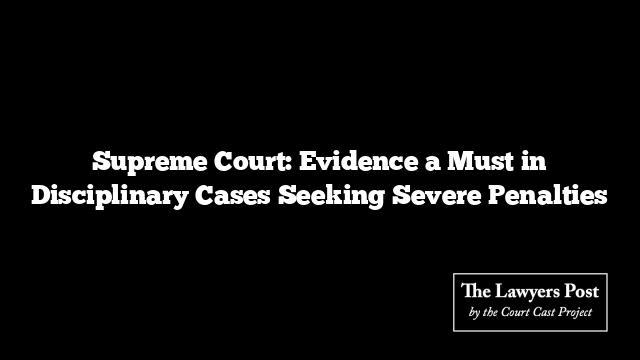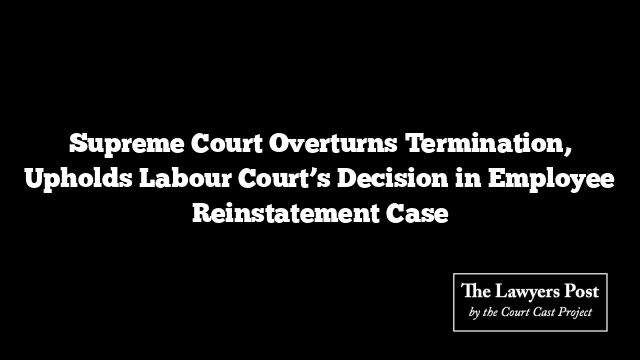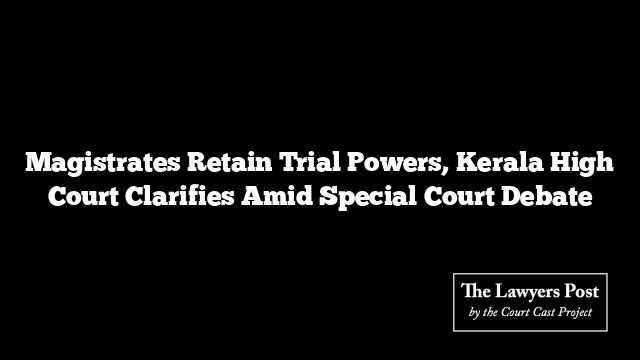The Supreme Court has underscored the necessity of recording evidence during disciplinary proceedings that propose major penalties, ruling that failure to do so renders the process invalid. This pivotal judgment reinstated a government employee dismissed under flawed procedural practices.
The bench, led by Justices PS Narasimha and Sandeep Mehta, declared that when a disciplinary inquiry suggests significant punitive actions, the Inquiry Officer is obligated to record evidence substantiating the charges. Without this, the process is deemed fundamentally flawed.
“Even in an ex-parte inquiry, recording witness testimony to prove charges is indispensable. The inquiry against the appellant was vitiated as no oral evidence supported the allegations,” the court noted, referencing key precedents, including Roop Singh Negi v. Punjab National Bank and Nirmala J. Jhala v. State of Gujarat.
The case involved an Assistant Commissioner of Commercial Tax accused of irregularities. A charge sheet was issued in 2012, and an inquiry concluded later that year with penalties including censure and salary reductions. However, the Uttar Pradesh State Public Services Tribunal annulled the penalty, citing a lack of evidence and flawed inquiry findings.
The High Court later overturned the Tribunal’s decision, prompting the appellant to challenge the verdict before the Supreme Court. The apex court found the proceedings deficient, emphasizing that Rule 7(3) of the Uttar Pradesh Government Servant (Discipline and Appeal) Rules, 1999, mandates recording oral evidence in cases involving major penalties.
Declaring the inquiry unlawful, the Supreme Court restored the Tribunal’s decision, setting aside the High Court’s order. It reaffirmed that procedural safeguards are non-negotiable in disciplinary actions proposing severe consequences.





